- About US
- IMC
- By Equipment
-
- Manufactures
- Blog
How to Choose the Right Sheet Metal Fabrication Machines for Your Business Needs
In today's competitive manufacturing landscape, selecting the right sheet metal fabrication machines is crucial for optimizing production efficiency and meeting diverse industry demands. According to a report from MarketsandMarkets, the sheet metal fabrication market is projected to reach USD 335.16 billion by 2024, growing at a CAGR of 4.1% from 2019 to 2024. This growth is spurred by the increasing demand for lightweight and durable metal components across various sectors, including automotive, aerospace, and construction. As businesses strive to enhance their manufacturing processes, understanding the specific capabilities and technological advancements of sheet metal fabrication machines becomes paramount. This guide will explore the essential factors to consider when choosing these machines, ensuring that your investment aligns with your operational requirements and future business growth.
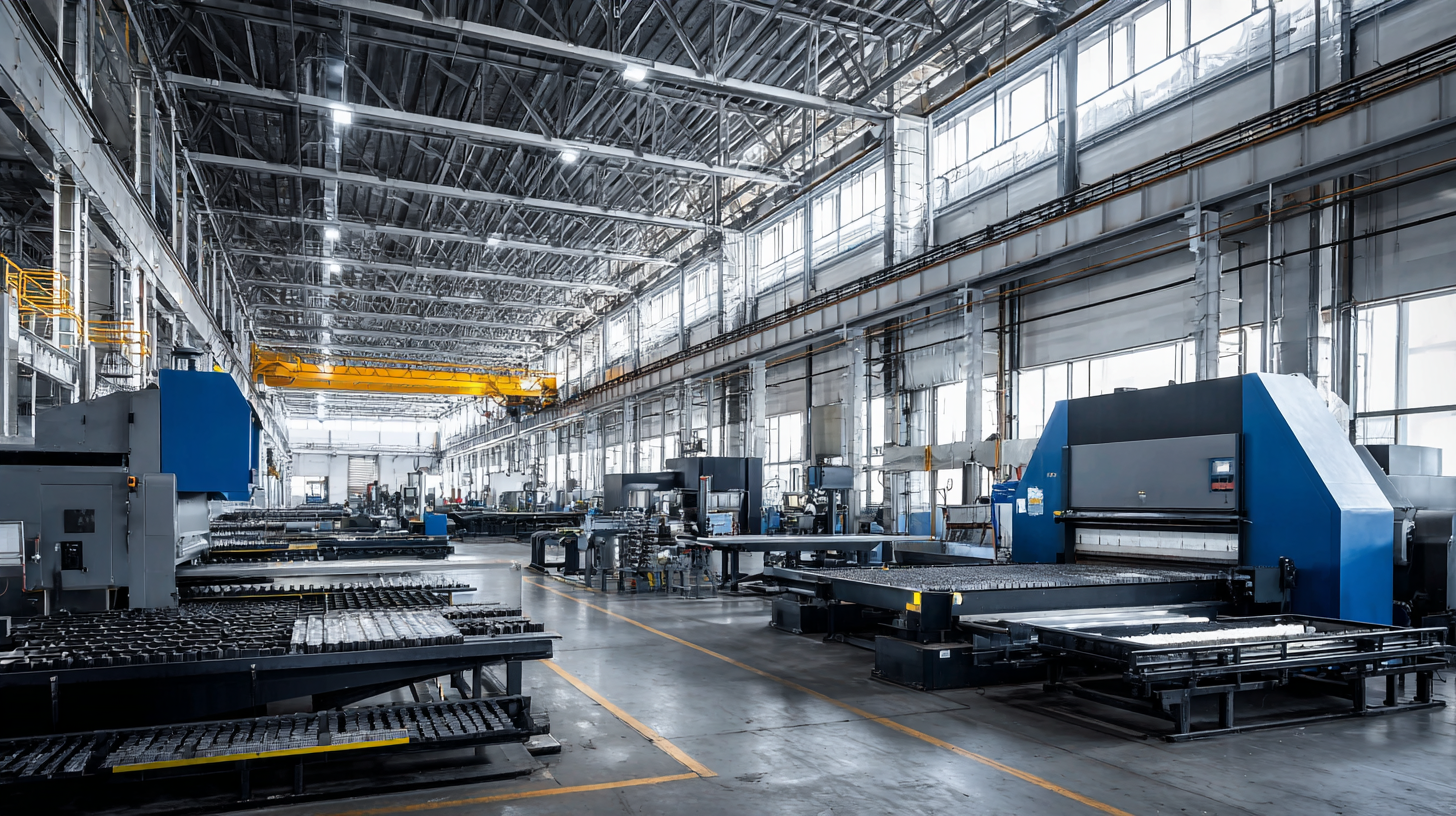
Identifying Your Business's Specific Sheet Metal Fabrication Requirements
When selecting the right sheet metal fabrication machines for your business, it’s vital to first identify your specific fabrication requirements. Understanding the types of products you intend to create and the scale of production will guide your machinery choices. For instance, if your operations focus on custom parts, investing in versatile machines that can handle various designs might be beneficial. Additionally, assessing the materials you frequently work with will help in selecting equipment that can accommodate different sheet metals efficiently.
**Tips**: Always evaluate the machine's specifications and capabilities against your production needs. It’s also crucial to consider future scalability; opting for equipment that can grow with your business will save costs in the long run. Moreover, given the current challenge for small businesses to find qualified staff, it’s essential to choose machines that are user-friendly and require less extensive training. This will enable your team to adapt quickly, reducing the skills gap that many businesses face today. A thoughtful approach to understanding and fulfilling your specific fabricating needs will ultimately lead to more effective operations and satisfied customers.
Understanding Different Types of Sheet Metal Fabrication Machines
When selecting sheet metal fabrication machines, understanding the different types available is crucial for aligning your choices with business needs. The market offers a variety of machines, each designed for specific tasks.
For instance, laser cutting machines are known for their precision and speed, making them ideal for intricate designs. Reports indicate that the global laser cutting machine market was valued at approximately $4.5 billion in 2021 and is projected to grow at a compound annual growth rate (CAGR) of 5.1% from 2022 to 2028. This growth is driven by industries requiring high-quality finish and efficiency.
Additionally, CNC machining centers are preferred for their versatility and automation capabilities. According to industry studies, CNC machines accounted for nearly 70% of all sheet metal processing activities in North America in recent years. This dominance highlights the increasing reliance on computer-controlled machines to enhance productivity while minimizing human errors. Each machine type serves distinct functions, therefore, choosing the right one involves evaluating the specific applications and production volumes of your facility.
Evaluating the Key Features and Specifications of Machines
When selecting sheet metal fabrication machines, it's essential to evaluate key features and specifications that align with your business needs. According to a report by MarketsandMarkets, the global sheet metal market is projected to reach USD 325.63 billion by 2025, driven by industries such as automotive and aerospace. Understanding the types of machines available—like laser cutters, CNC punch presses, and bending machines—can significantly impact your operational efficiency and output quality.
**Tip:** Prioritize machines with automation capabilities, as they can enhance productivity by up to 30%, reducing labor costs and human error. Look for features such as programmable controls and integrated software solutions to streamline the fabrication process.
Additionally, consider the material compatibility of the machines. For instance, machines designed to handle various alloys and thicknesses offer versatility, essential for fulfilling diverse project requirements. A study by Grand View Research indicates that the demand for lightweight materials is on the rise, making machines capable of working with advanced composites increasingly valuable.
**Tip:** Always verify the machine's durability and warranty terms, as a robust machine reduces downtime and extends the lifespan of your investment. By focusing on these specifications, you can ensure that your chosen equipment not only meets current needs but also adapts to future market trends.
Key Features and Specifications of Sheet Metal Fabrication Machines
Assessing Budget Considerations for Sheet Metal Fabrication Equipment
When considering the acquisition of sheet metal fabrication machines, assessing your budget is essential. According to a recent industry report, manufacturers often allocate around 25-30% of their total production budget to equipment procurement. This percentage can significantly impact the overall financial health of your operations. Thus, understanding the costs associated with different types of machines – such as CNC laser cutters, press brakes, and plasma cutters – is crucial for making informed decisions.
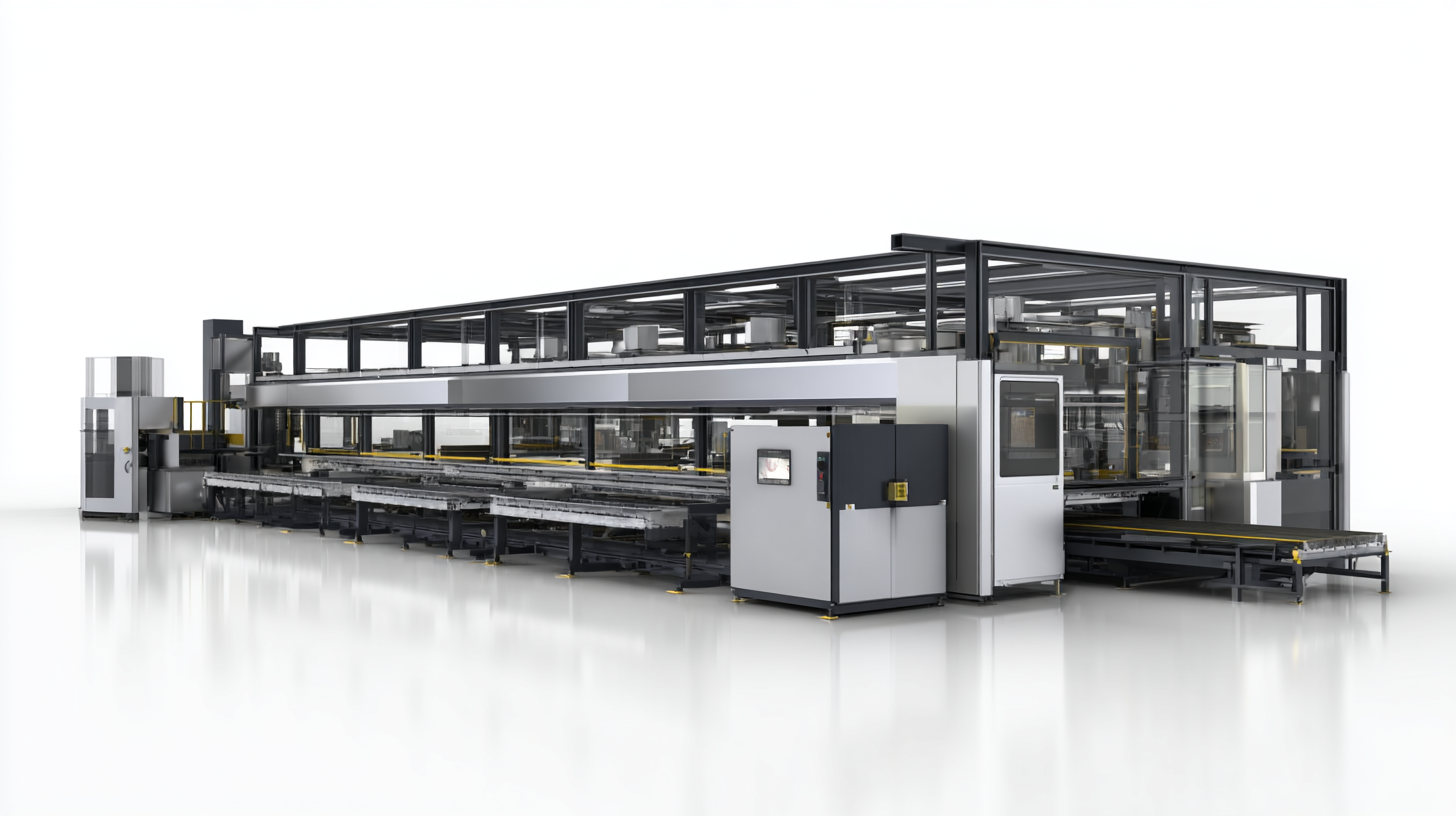
Moreover, it is vital to consider not only the initial purchase price but also the long-term operational costs. A comprehensive analysis from industry studies suggests that maintenance, energy consumption, and labor costs can cumulatively account for up to 50% of total machinery expenses over time. By projecting these costs against expected production efficiencies and capabilities, businesses can make better strategic choices tailored to their specific manufacturing needs. Investing wisely in sheet metal fabrication equipment can enhance productivity and ensure a sustainable return on investment in the competitive manufacturing landscape.
Exploring Manufacturer Reputation and Customer Support Options
When selecting sheet metal fabrication machines for your business, the reputation of the manufacturer and the level of customer support they provide is critical. According to a 2022 industry report by the Fabricators and Manufacturers Association, companies that prioritize reliable supplier relationships and ongoing support experience a 25% increase in production efficiency. This highlights that investing in equipment from reputable manufacturers not only ensures quality but also long-term operational excellence.
Tip: Before finalizing your purchase, research the manufacturer’s history and customer reviews. Look for testimonials that reflect their reliability in providing service and spare parts. Engaging directly with current users can provide insights into their experiences with both the machine's performance and the manufacturer’s responsiveness.
It's also advisable to consider the available customer support options. The same report indicates that businesses with access to effective technical support were 30% less likely to face prolonged downtime due to machine malfunctions. Manufacturers that offer comprehensive training and prompt maintenance services enhance your operational capabilities and can significantly protect your investment.
Tip: Ensure the manufacturer provides a clear outline of their support services, including warranty terms and response times for service requests. This can save your business time and money in emergencies, allowing you to focus on quality production.
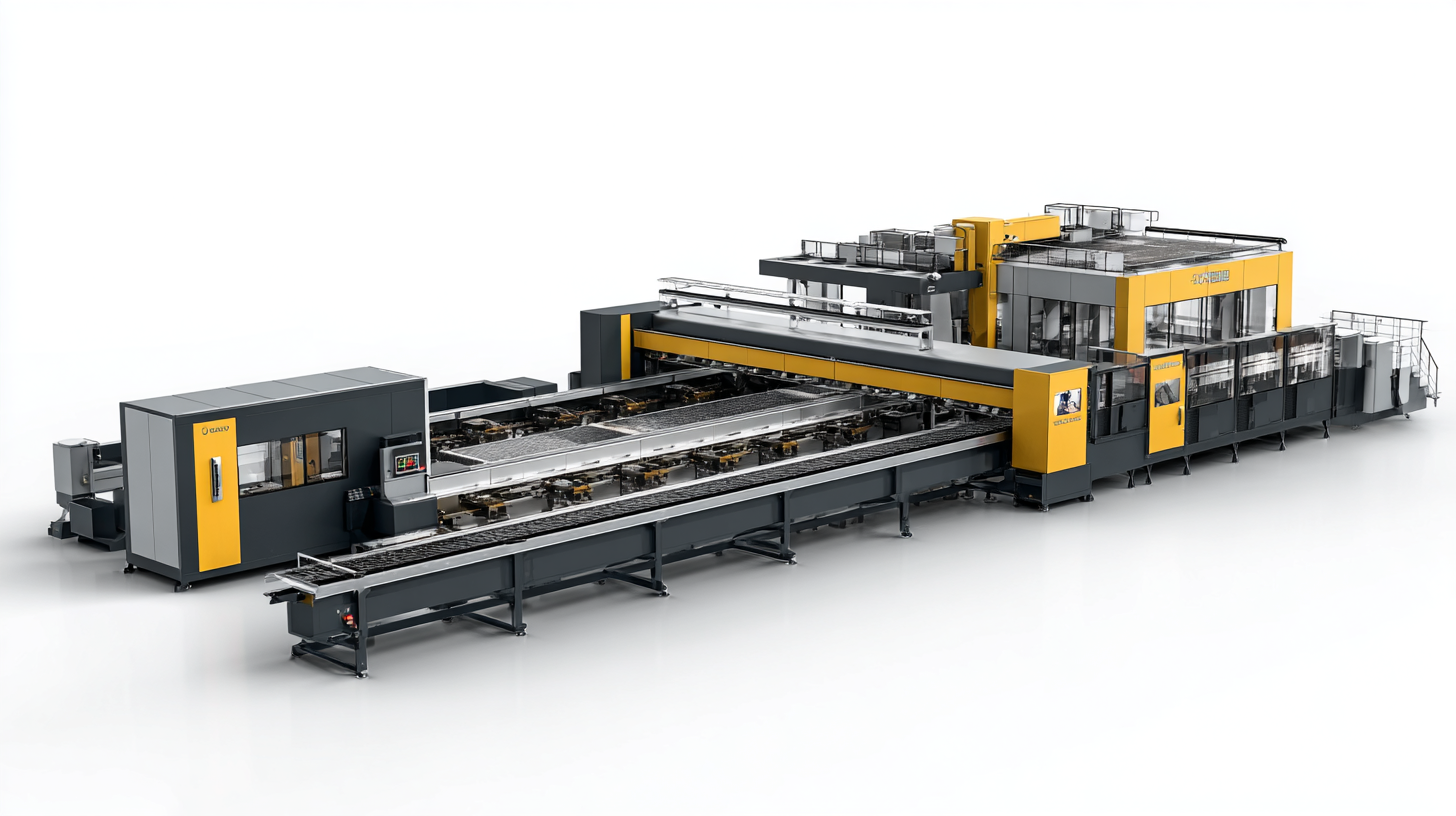
Related Posts
-

7 Best Practices for Using a Metal Sheet Bending Machine Effectively
-

Understanding the Challenges of Operating a Metal Shear Machine
-

10 Innovative CNC Press Brake Machine Features You Should Know
-
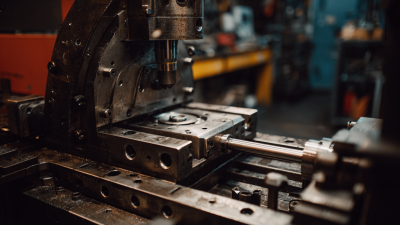
8 Compelling Reasons to Invest in a Bending Machine for Your Business
-

5 Compelling Reasons to Choose a CNC Cutting Machine for Your Business
-
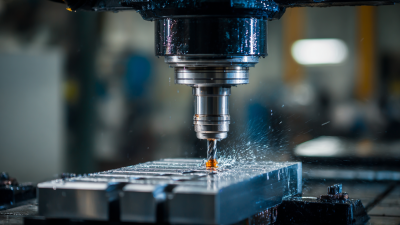
The Ultimate Guide to CNC Metal Cutting Machines: Choosing the Right Tool for Your Business